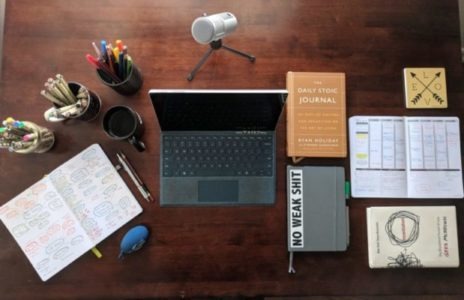What I’m Reading – Week of July 28th
* How To Find A Mentor (Twitter thread): “I’ve been thinking about how lucky I am to have so many amazing mentors; everyone seems to know that mentors are important, but struggle with the process; so let’s talk about: mentors/mentorship.”
* The Powerful Predictor Behind Successful Relationships: “As meaningless as they seemed on the surface, at a deeper level, exchanges were highly nuanced, emotional signals, what Gottman called ‘bids.’ And it turns out that how we respond to bids is the key to successful relationships.”
* The Problem Of Mindfulness: “Mindfulness has become something of a one-size-fits-all response for a host of modern ills – something ideologically innocent that fits easily into anyone’s life, regardless of background, beliefs or values.”
* How To Let Go: “Letting things go is a skill we can learn, but it’s easily confused with making things go, which is usually impossible.”
* The Psychology Of Prediction: “Prediction is hard. Either you know that or you’re in denial about it. A lot of the reason it’s hard is because the visible stuff that happens in the world is a small fraction of the hidden stuff that goes on inside people’s heads. The former is easy to overanalyze; the latter is easy to ignore.”
